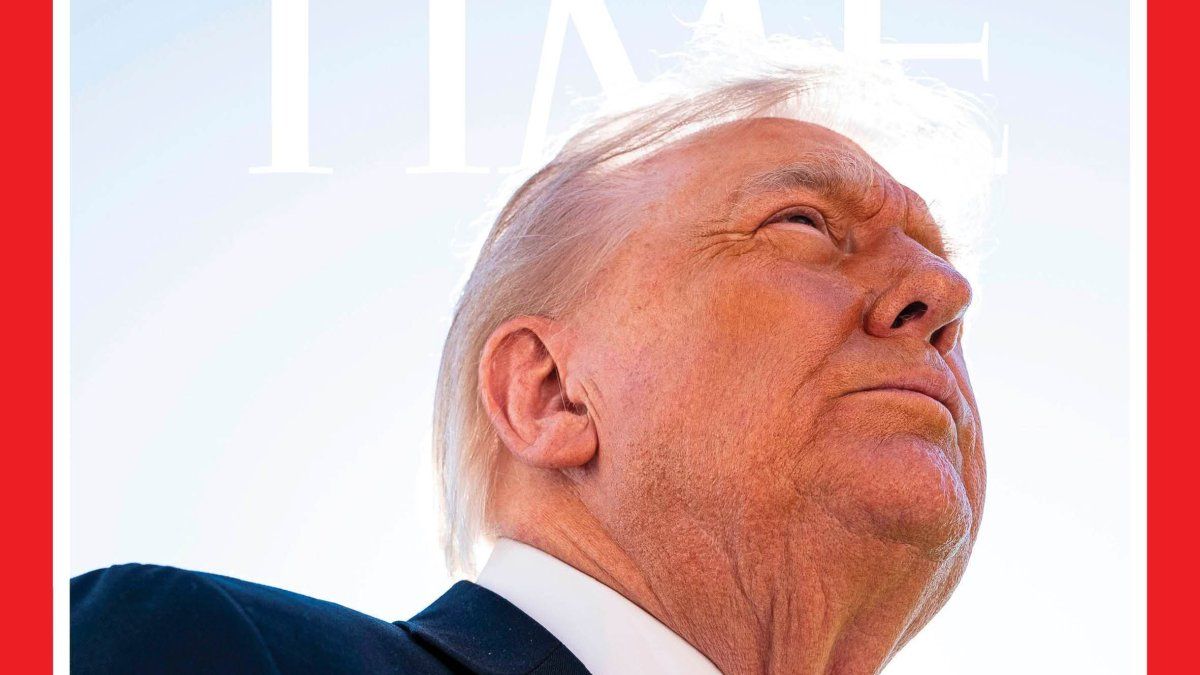In a scenario of uncertainty industrial sectorDue to the latest announcements of opening of imports, the situation of the labor market in Argentina continues to be reconfigured while variables are adjusted and macroeconomic stability is incorporated into daily life. However, employment figures during the current administration have suffered drastic falls.
According to a report from Center for Political Economy of Argentina (CEPA)during the first eleven months of Javier Milei’s management, they lost 123,957 jobs registered in the private sector. These figures even consider the recovery of jobs in October 2024, where 5,632 people joined the labor market more than those who were excluded, with the items of Commerce (4,454) and Real Estate, Business and Rental Activities (1,756) as leaders.
In contrast, from December 2023 to October 2024, Construction has suffered a significant drop in its employability possibilitiesespecially influenced by the distancing of the national State from public works: sand 69,738 jobs were destroyed in the sector. It is followed, as the most affected item, by Industry with 25,186 fewer positions.
Likewise, non-salaried modalities represented a job opportunity for Argentines: 26,989 people joined a monotributista regime since the assumption of Javier Milei. Added to this is the real loss of purchasing power for all national workers, given that The average salary registered a drop of 7.2% comparing October 2024 with November 2023.
The view of the industrialists
With no prospect of an explosion of the model in 2025, Industries are going to have to adapt to living with a lagging dollar and greater openness. Specialists consulted by Ámbito gave their opinion on the latest antidumping measures.
In this regard, Javier Okesniuk, Executive Director of Labour, Capital and Grouth (LCG) agrees that, on paper, the Milei-Caputo model closes in 2025. It is a “grocer’s account,” he says. A supporter of economic openness, he maintains that the Argentine market was “extremely closed.”” until now, but warns that open an economy “with the backward exchange rate a good number of companies can be set up”. The LCG economist considers that the import is “price-disciplining” and warns that although there are companies that are suffering from it, there are others that could be said to be They had excessive profit margins.
For Okseniuk delaying the dollar and facilitating imports is part of the “dilemma management” that the national government faces. That is to say, it is about following a path that takes you to this year’s elections without any problems.
Daniel Rosato head of Industriales Pyme Argentinos (IPA) estimates that This year, some 25,000 companies could close, which could leave some 300,000 people without work. “Some are going to shrink and start importing,” explained Rosato, who believes that officials “They advance this policy without taking into account the consequences.”
The consultant Epyca raises, in its latest report, the same hypothesis of the administration of dilemmas, and that based on this the economic team is going to deepen the delay. “The Government’s commitment to postpone the resolution of this point as long as possible is reasonable in two senses: first, because the devaluation pressure will have fewer consequences if at some point it manages to accumulate reserves and when inflation is lower than the current one; and second, because “It is in the party’s own interest that there be no anxiety in the face of this year’s legislative elections,” says the consultant..
For his part, Vector indicates that the Government will try to overcome the delay by “the route of indebtedness, either with the IMF or with the foreign private sector.” “This strategy, of course, is risky. It is about supporting a growing current account deficit in exchange for reaching the lowest possible nominal value,” says the consultant. In that case, he warns that “the time will come to open the stocks and move to a more flexible exchange rate regime, where with the weight of greater debt on our shoulders, a reversal of expectations could derail the path taken so far.” .
Source: Ambito
David William is a talented author who has made a name for himself in the world of writing. He is a professional author who writes on a wide range of topics, from general interest to opinion news. David is currently working as a writer at 24 hours worlds where he brings his unique perspective and in-depth research to his articles, making them both informative and engaging.




